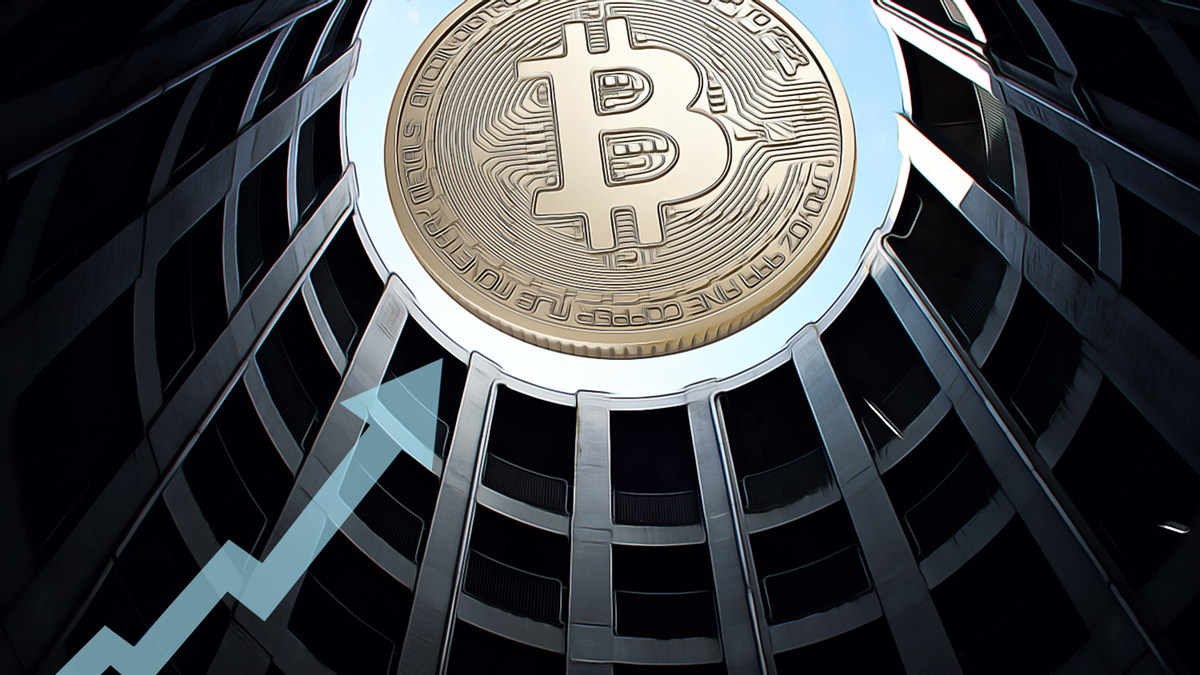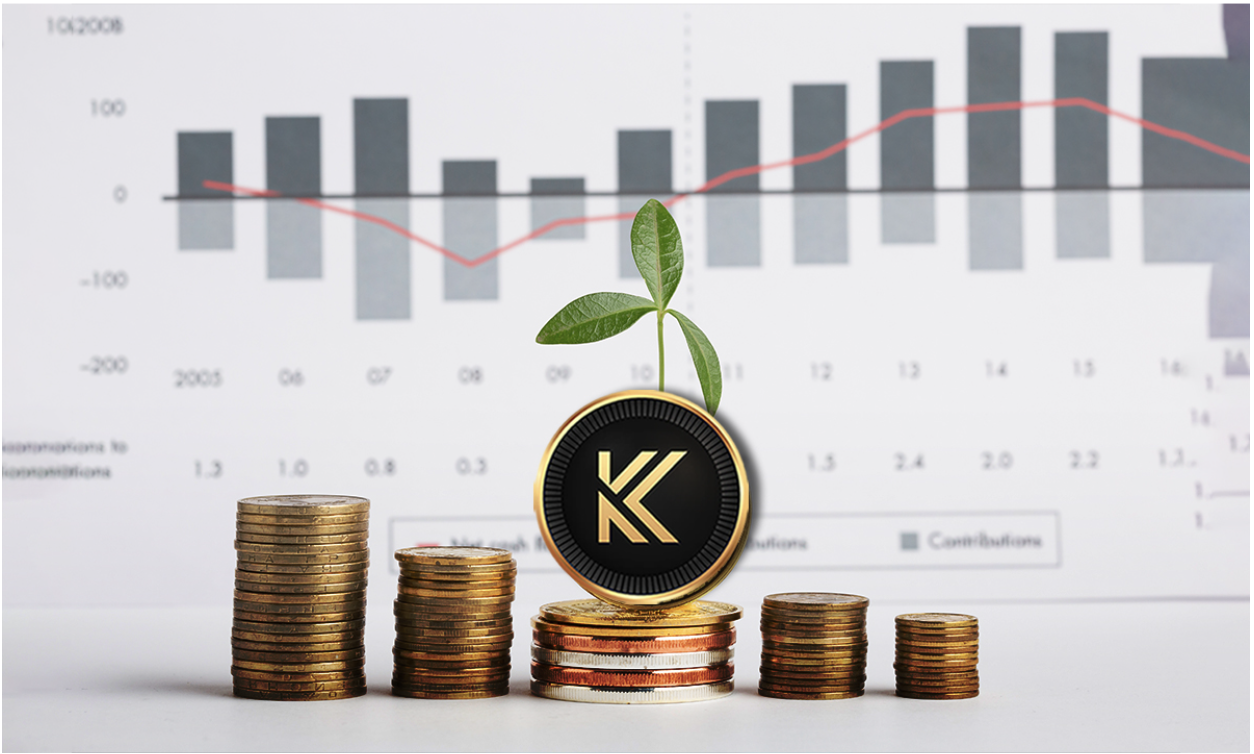In recent remarks affecting the international economic agenda, economist Alex Krüger highlighted the potential for U.S. tariffs to trigger a financial crisis reminiscent of past downturns. He pointed out that the current trade war could create conditions for a market crisis akin to that of 2008 due to pressures and contractions in credit markets.
Impact of Tariffs
Krüger expressed concerns that the tariffs implemented by the Trump administration could negatively impact credit markets. Although borrowers may be ready to make payments, banks are expected to act cautiously, which could lead to disruptions in credit flows. This situation may slow economic activity and deepen uncertainty in the market.
The economist noted that uncertainties in macroeconomic indicators might make lenders hesitant to extend new loans. This development is thought to pose a risk of sudden and radical declines in the S&P 500 index. A contraction in credit markets could adversely affect overall market performance.
U.S. Economic and Recession Outlook
The likelihood of cascading effects from difficulties in credit markets appears high. This troubling atmosphere in the economy could manifest in consumer spending, the financial health of businesses, and potential disruptions within the banking sector.
Alex Krüger articulated his views on the market by stating:
Alex Krüger: “In the 2008 decline, markets weakened by 50% within a year. Despite an increase in positive economic news, liquidity growth was insufficient. If the credit market collapses, recovery will be very difficult. We could experience a similar decline in just two tweets.”
Moreover, Krüger indicated that tariffs have the potential to create gradual crisis effects on the economy. He noted that the current situation raises broad risk scenarios, which could include stagflation and freezes in consumer spending, as well as financial troubles for businesses. Such a scenario could severely affect risk markets, including Bitcoin  $104,894 and other cryptocurrencies, especially as the dollar weakens and global gold sales driven by collateral needs may arise.
$104,894 and other cryptocurrencies, especially as the dollar weakens and global gold sales driven by collateral needs may arise.
Given the existing economic uncertainty and rising risks to credit markets, these factors remain crucial for market participants to monitor closely. This situation necessitates a careful observation of economic indicators and international developments that could influence the overall market trajectory.

 Türkçe
Türkçe Español
Español









